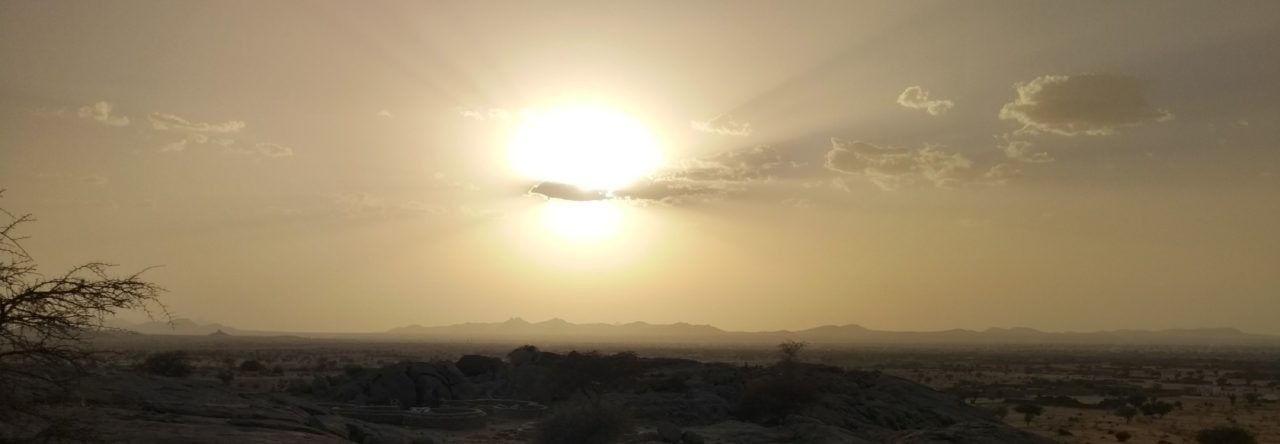In Chad, having a baby is a huge event to be celebrated. Women have many children, but even number 9, 10, 11, or 12 warrants a huge party, the killing of a sheep, and the giving of many gifts for the baby and mother.
One way that the mother prepares for having a baby is to make “doukhon” which is a perfume-soaked sandalwood that is placed on top of hot coals. The woman puts it under her skirt and the smoke makes her clothes smell perfume-y after having a baby. She also places a tall hoop over the doukhon and lays the baby’s blankets or bedding on top to make it smell good. In addition to using it for personal use, it is an important thing to share with the women visitors who come to greet the mother and new baby.
I had the privilege of taking pictures for an expectant friend as she and her sister made the doukhon. It involves pounding the sandalwood bark, pouring lots of different perfume on it, and mixing it with sugar. The finished product is a sticky, fragrant wood ready to be burned and infused into clothes and bedding.



























